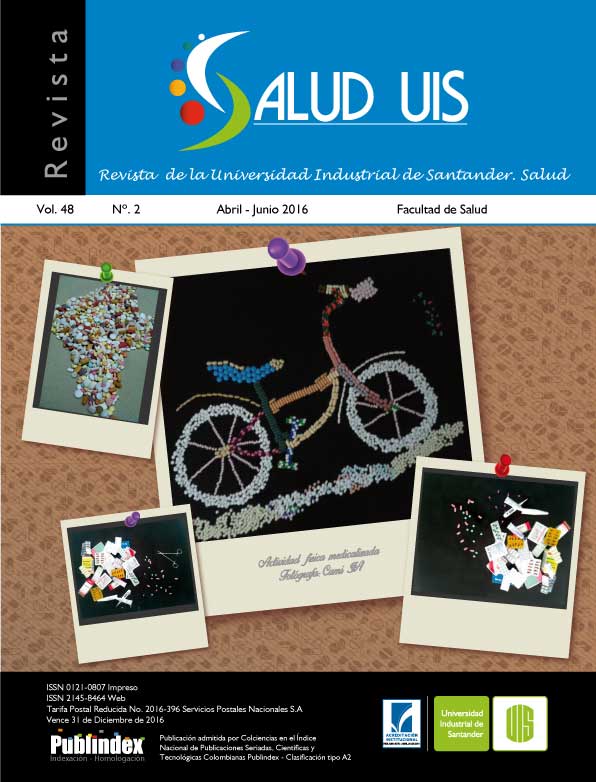Abstract
Introduction: The giant African snail Achatina fulica is recognized as a scourge affecting biodiversity,
public health and productivity. However, it has been shown that the mucus has cosmetic, healing and antimicrobial properties. Objective: Determine physico-chemical characteristics and evaluate the antimicrobial activity of the mucus. Methodology: Qualitative and quantitative determinations of carbohydrates, proteins and lipids were made by biochemical tests. Using multiparameter meter parameters of electrical conductivity, redox potential, oxygen saturation, the total dissolved oxygen, pH, total dissolved solids were measured. Content of Calcium, Potassium, chloride, Sodium and Magnesium was determined. Antibacterial activity assay was performed by broth microdilution method against Gram positive and Gram negative bacteria. Results: Carbohydrates were found in concentrations of 582 μg/mL in soluble fraction and 62.1 μg/mL in mucin fraction, and protein concentration of 836 μg/mL in the soluble fraction and 1413 μg/mL in mucin fraction. Antimicrobial activity was demonstrated against the three strains tested. Streptococcus agalactiae reached MIC90 at a concentration of 3.6 μg/mL with mucin fraction; Methicillin-Resistant Staphylococcus aureus had a MIC50 of 3.3 mg / mL and Escherichia coli had a MIC70 of 3.8 mg / mL. Conclusions: This is the first report of the physical and trace elements in the secretion of Achatina fulica. The antibacterial activity obtained against Gram positive and Gram negative strains raises the need for studies to purify the molecules with such activity, understanding the mechanisms of action and establish the safety, among others.
Se autoriza la reproducción total o parcial de la obra para fines educativos, siempre y cuando se cite la fuente.
Esta obra está bajo una Licencia Creative Commons Atribución 4.0 Pública Internacional.
